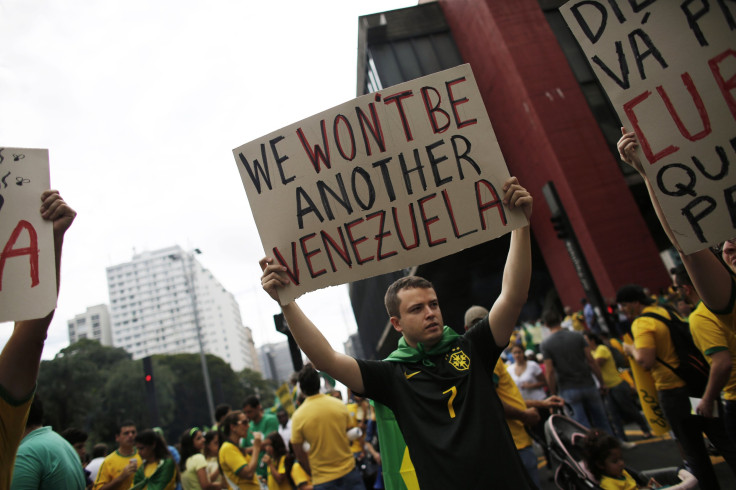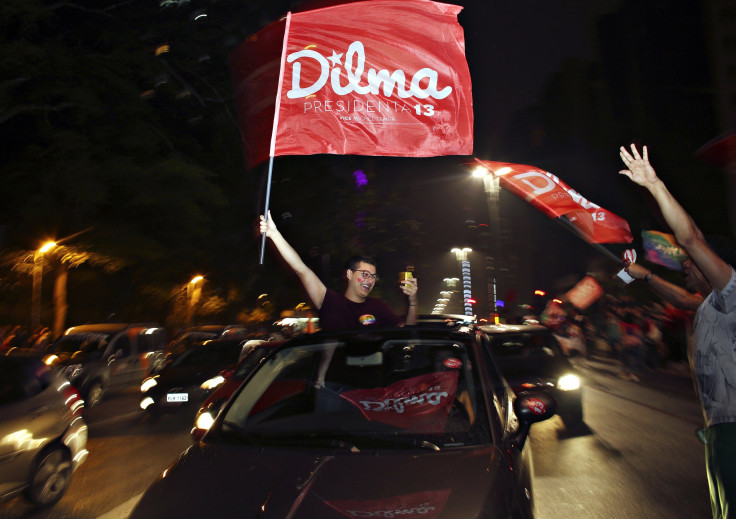
Just three months into President Dilma Rousseff’s second term millions across Brazil marched in opposition to her Worker’s Party (PT), with many demanding her impeachment. Between two and three million people took the streets in over 150 cities, setting records in a country where protests are already a popular form of expression. In Sao Paulo, where tens of thousands marched in anti-FIFA protests last year, police say that one million protesters took to the streets on Sunday. It was the largest protest since anti-dictatorship marches in 1984.
Ben Tavener, a Sao Paulo-based journalist who reported on the Saturday protests for the Anadolu Agency, told the Latin Times that protesters were not a homogeneous group. While the majority were more affluent white protesters, the march included elements of Sao Paulo’s Afro-Brazilian and working class people from the suburbs. They ranged from the disgruntled to revolutionary.
“There was a real mix in the half-dozen people I interviewed - some people calling for PT to be forced from power, some by a ‘constitutional military intervention,’ others who realised they weren't going to get their impeachment but just wanted to send a message to the government about Petrobras and the economy,” Tavener Said.
What, if anything, has changed since Ms. Rousseff’s second inauguration, and her narrow (51 percent) electoral victory last October? Anti-Dilma protesters point to the Petrobras bribery scandal, which is not new but has deepened in recent months. Dozens of members of the PT are implicated in a scheme that exchanged inflated government contracts to companies in exchange for cash and campaign donations. Also, Brazil’s economy has slowed down, likely to go into a recession after almost two decades of economic growth.
Yet for For pro-Dilma supporters who marched last Friday, calls for impeachment were seen as right-wing extremists. They say that a few corrupt politicians don’t discount the PT’s popularist agenda.
“The worker’s party, despite having some weeds in the wheat (bad apples), is the only one that really works for the workers [...] In my childhood, I remember the overwhelming hunger,” said Paulo Marcelino, of Paraná state, quoted by G1. He rejected the idea of impeaching Dilma.

As Tavener and other observers have pointed out, there isn’t much of a legal basis for impeachment anyway; Rousseff hasn’t been connected directly to any crime. Calls for impeachment, though loud, don’t have overwhelming support, and the Worker’s Party hasn’t lost all of its devotees in the few months since October.
“There were a few PT voters who had turned tail on the party - but I don't think most of them back calls for impeachment,” said Tavener.
© 2025 Latin Times. All rights reserved. Do not reproduce without permission.




